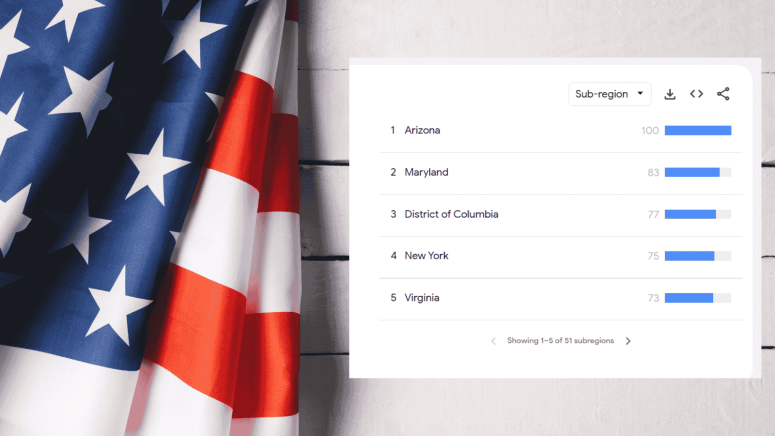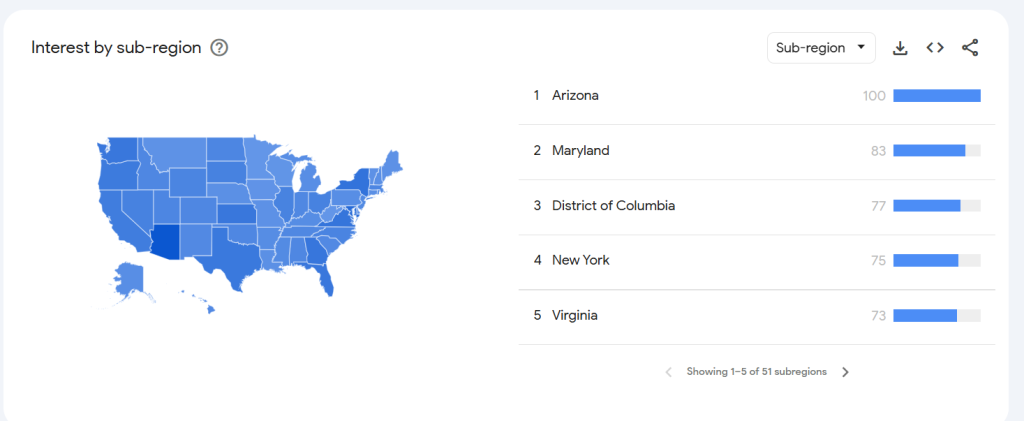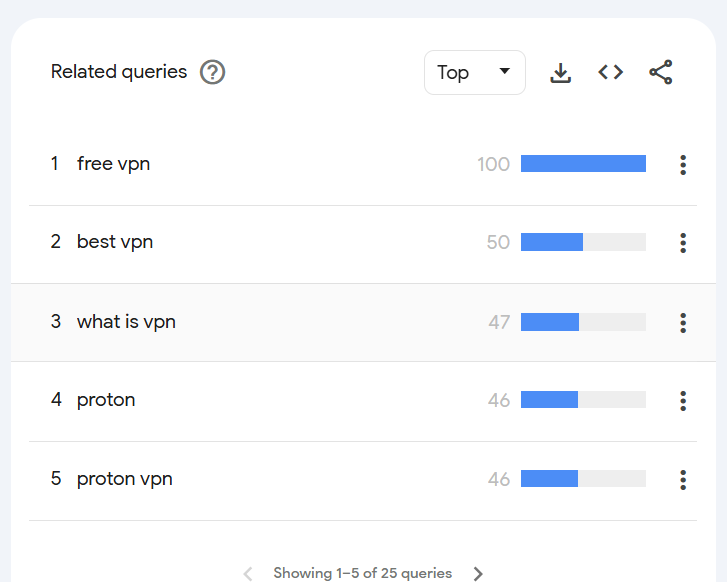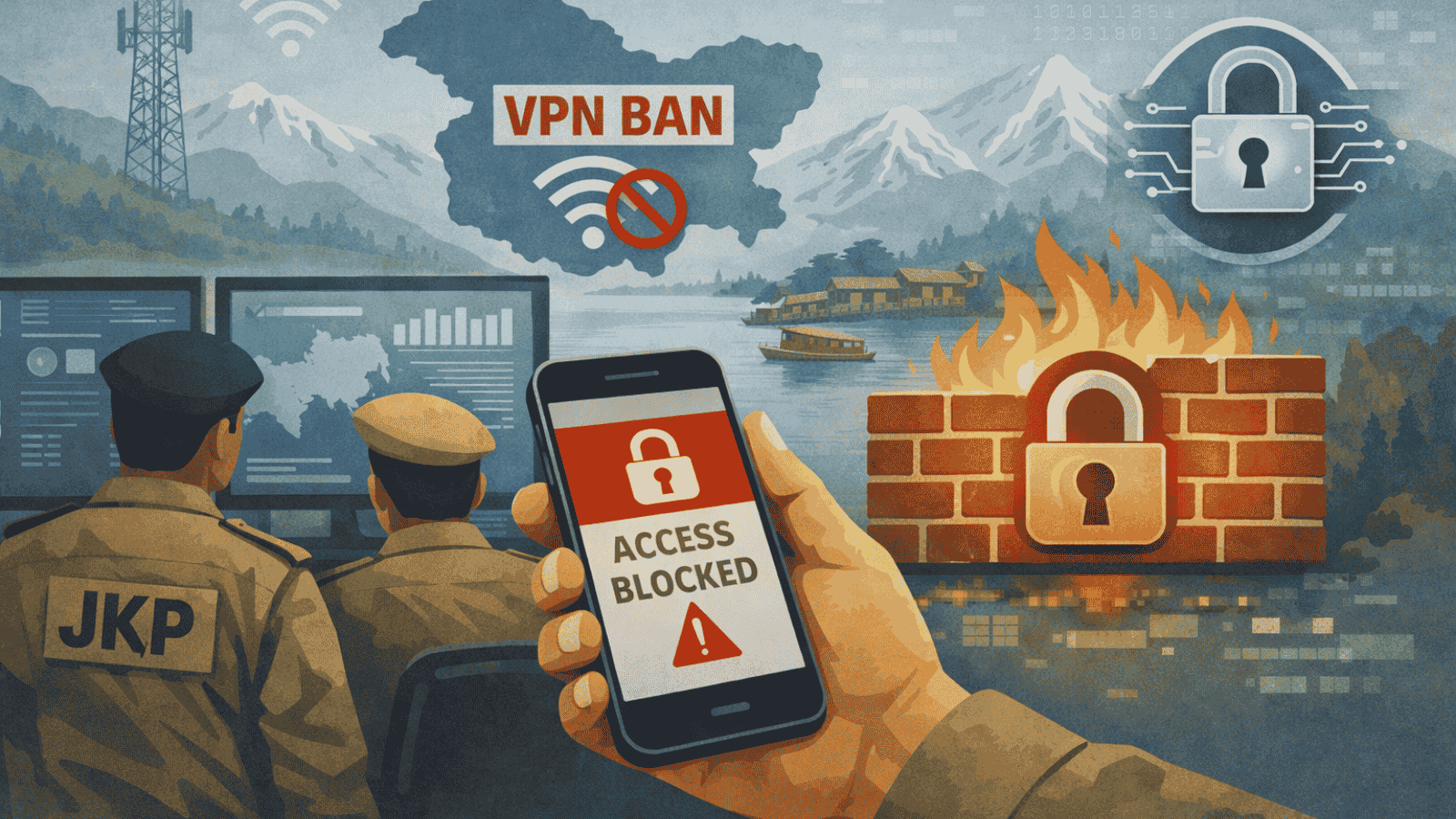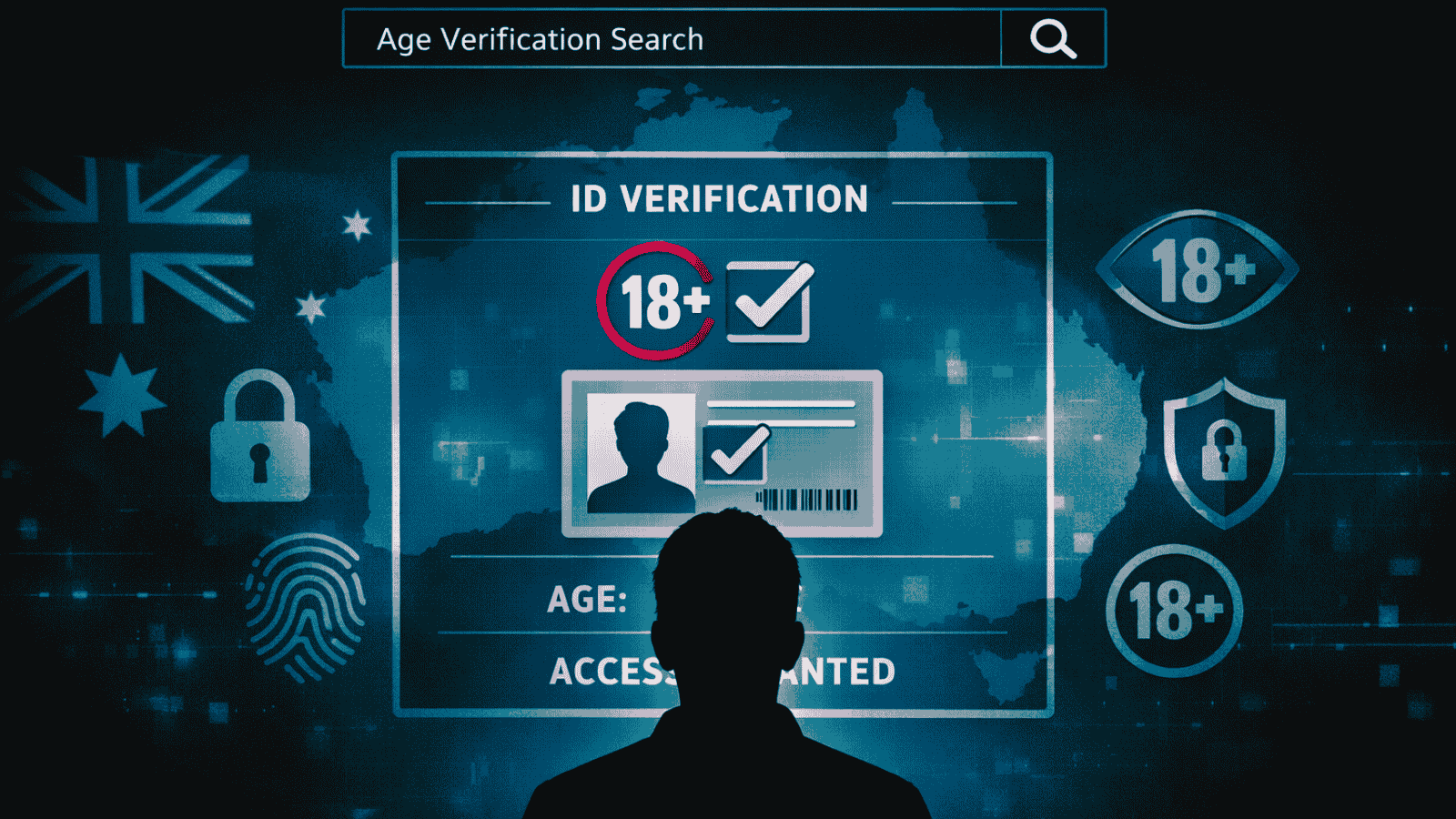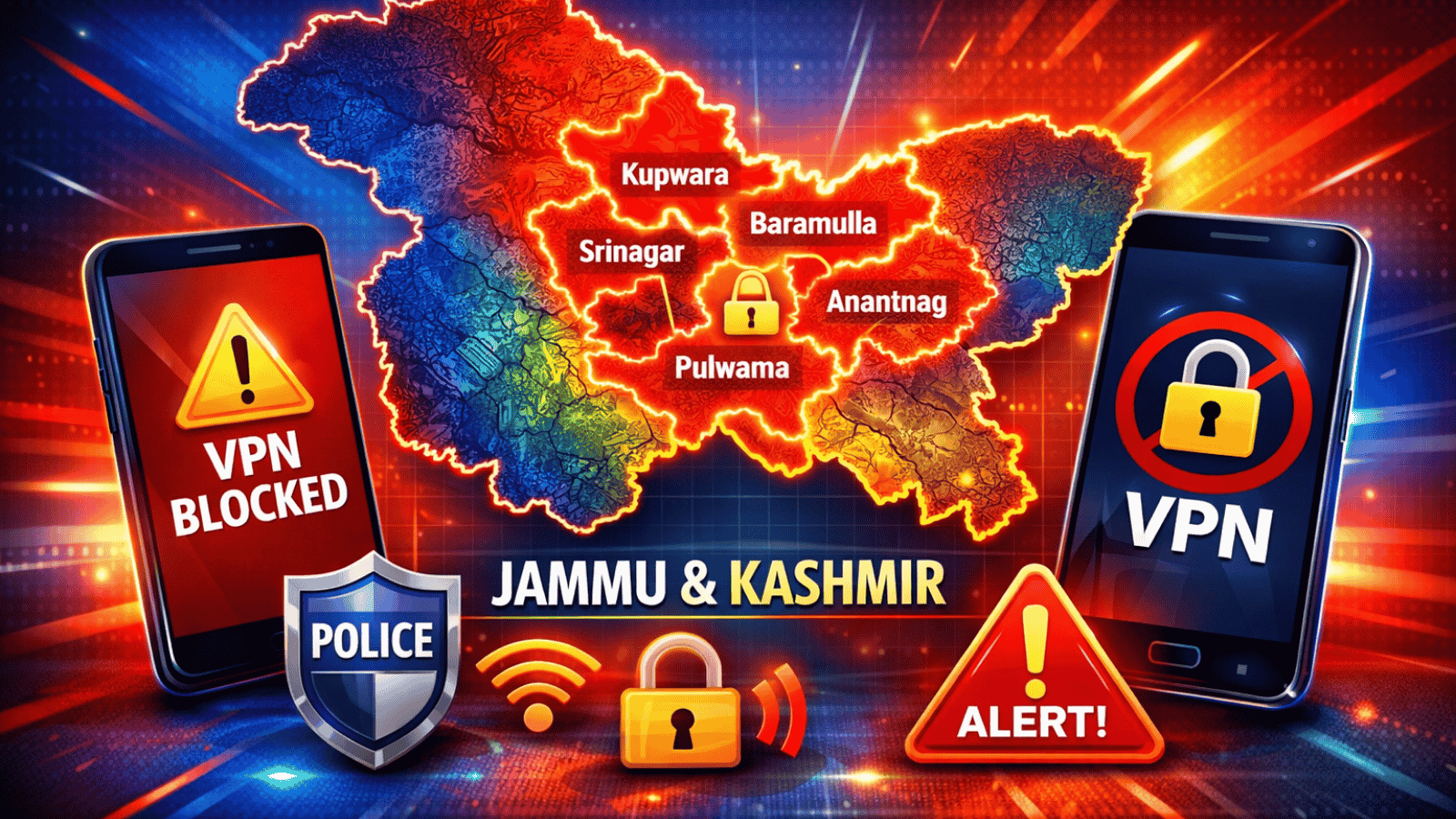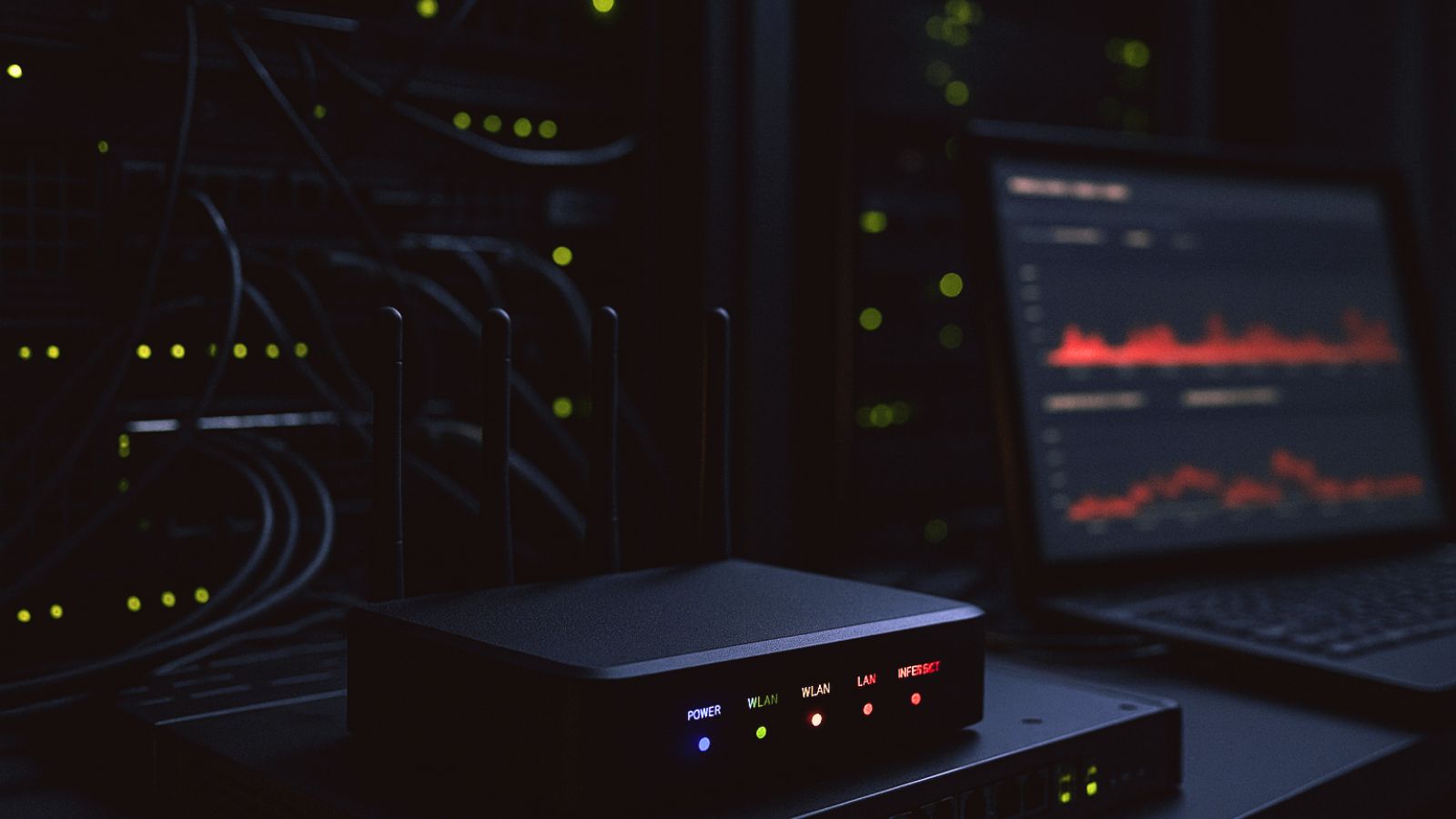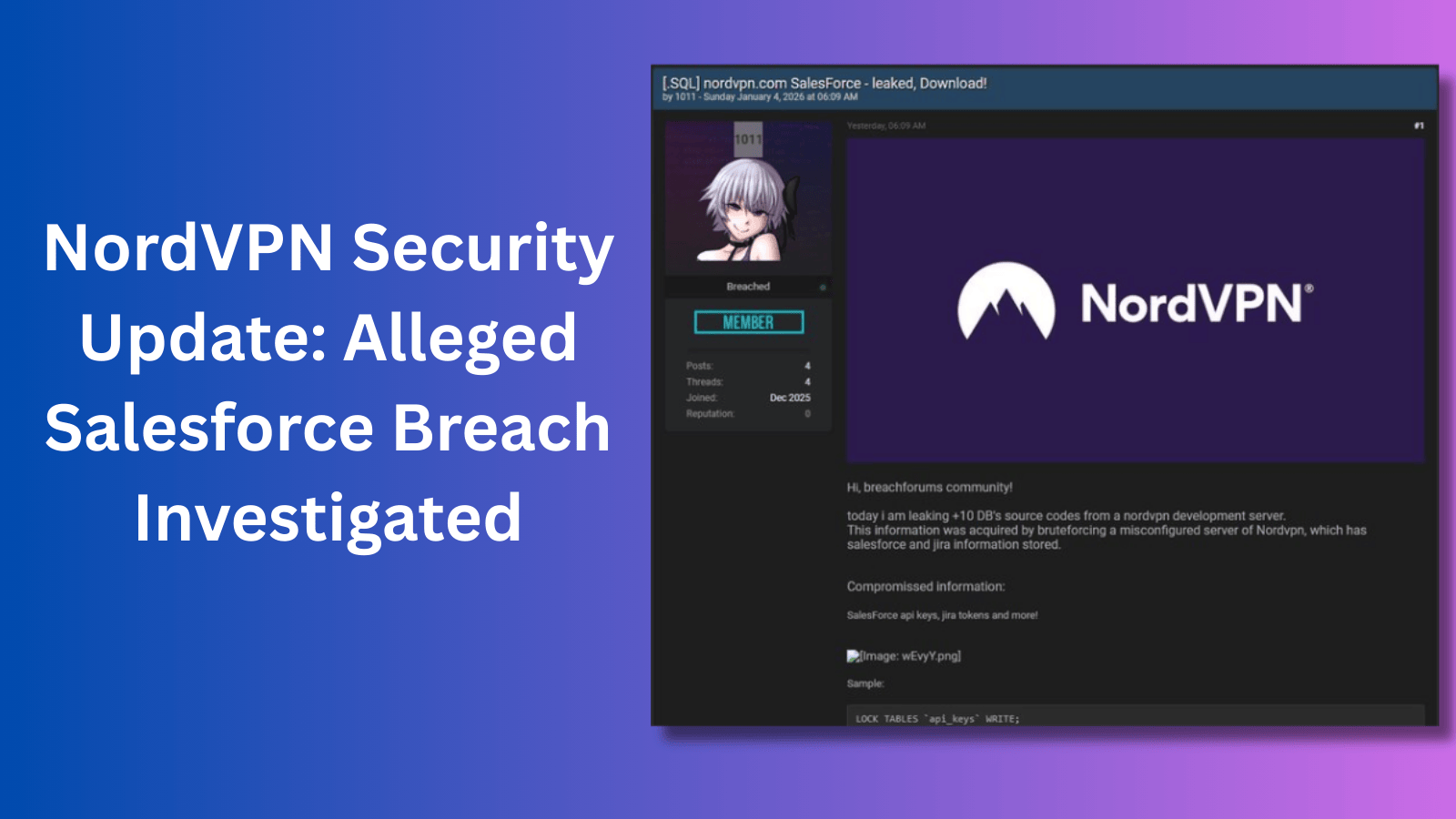
VPN Searches Surge in Arizona Following Age Verification Law
- Arizona VPN Surge: Search interest in VPNs soared 450% after age verification laws started September 26, 2025.
- US Nationwide Trend: Ohio, Missouri, and Michigan also show rising VPN searches due to similar privacy regulations.
- Encryption Concerns: Experts warn weakening encryption risks security, privacy, and VPN provider trust across jurisdictions.
Interest in Virtual Private Networks (VPNs) has spiked in Arizona after the state introduced age verification laws on September 26, 2025. Residents are increasingly searching for ways to protect their privacy online and potentially bypass the new verification requirements.
Arizona Leads the VPN Surge
Google Trends data shows Arizona now has the highest VPN search interest in the United States, significantly ahead of second-placed Maryland. Searches peaked on September 27, the day after the new law came into effect.
VPNs are being explored by users who want to avoid sharing sensitive personal information required by age verification measures. While these laws aim to restrict access for minors, they also raise cybersecurity and privacy concerns for many internet users.
Proton VPN confirmed a 450% increase in sign-ups in Arizona following the law’s introduction. Popular search terms include “Proton VPN download,” “VPN for Safari,” “is NordVPN free,” and “best VPN”, indicating a strong interest in both free and paid VPN solutions.
Rising Interest Across the United States
Arizona is not alone. Other states with active or pending age verification laws are also seeing increased VPN interest:
- Ohio: Laws came into effect on September 30, with a notable spike in searches between September 28-30. Rising queries include “VPN for Netflix” and “free VPN.”
- Missouri: Age verification laws will take effect on November 30. VPN interest is currently high and expected to rise further.
- Michigan: Although the state hasn’t passed age verification laws yet, proposed legislation in September could ban VPNs entirely under the “Anticorruption of Public Morals Act.” Searches surged between September 12-20 following the bill’s introduction.
The data suggests that Americans are increasingly turning to VPNs as a tool to maintain online privacy, access geo-restricted content, and navigate new digital regulations.
Privacy Tools Under Scrutiny
As more states adopt age verification laws, interest in privacy tools like VPNs is expected to grow nationwide. VPNs can protect users from data collection, location tracking, and internet restrictions, but lawmakers in some areas, such as Michigan, are considering restrictive measures that could limit internet freedoms.
The trend highlights a growing tension between digital privacy, regulatory compliance, and internet accessibility, with VPNs at the center of the conversation.
Industry Voices on Encryption and Privacy Laws
The debate around digital privacy extends beyond US state laws. NordVPN has previously criticized the EU’s proposals to weaken encryption, arguing that any backdoors create serious security risks:
“Governments cannot maintain meaningful national security by weakening the very encryption that protects their citizens, businesses, and critical infrastructure,” the company said.
Similarly, Dr. Zulfikar Ramzan, CTO at Point Wild, cautioned against “exceptional access” to encrypted data, stating it introduces unnecessary risks without proportionate safety benefits. He highlighted that such policies could force VPN providers to retain metadata or user activity, potentially reducing trust and access to privacy tools in the EU.
“Law enforcement has access to vast troves of information through existing means. The push for exceptional access adds unnecessary risk without a proportionate increase in safety,” Ramzan concluded.
These comments underscore growing concerns over legislation that affects both encryption standards and the future availability of secure privacy tools like VPNs, particularly the free VPNs.

